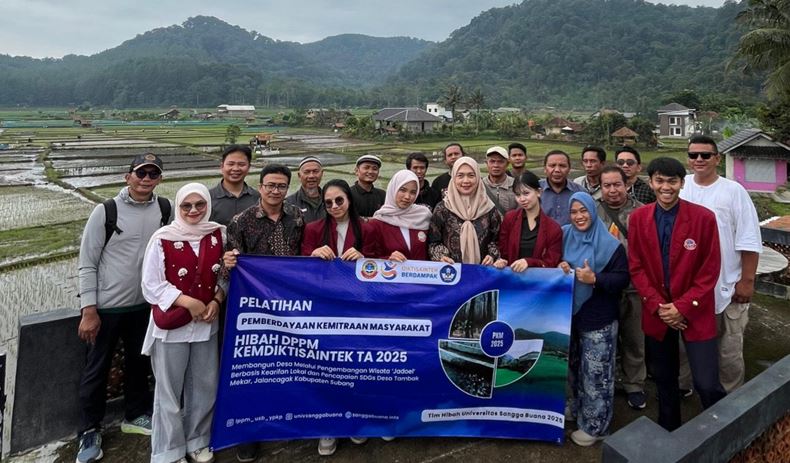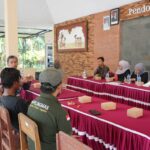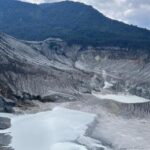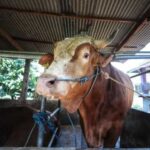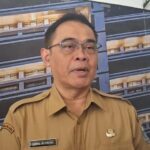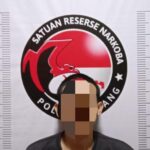Sangga Buana University (USB) YPKP Bandung conducted a series of tourism village management training sessions for the Tourism Awareness Group (Pokdarwis) of Tambakmekar Village, Jalancagak District, Subang Regency.
The program, running from June to November 2025, aims to strengthen the capacity of tourism village managers through material provision, practical training, and the handover of supporting equipment.
Since being designated as a pioneer tourism village on April 21, 2021, Tambakmekar Village has still faced challenges related to limited human resources and infrastructure.
The presence of the USB community service team is expected to enhance the community’s insights, skills, and motivation in developing local tourist attractions. The team consists of three lecturers from the economics and engineering faculties and four students from the social-political, engineering, and economics faculties.
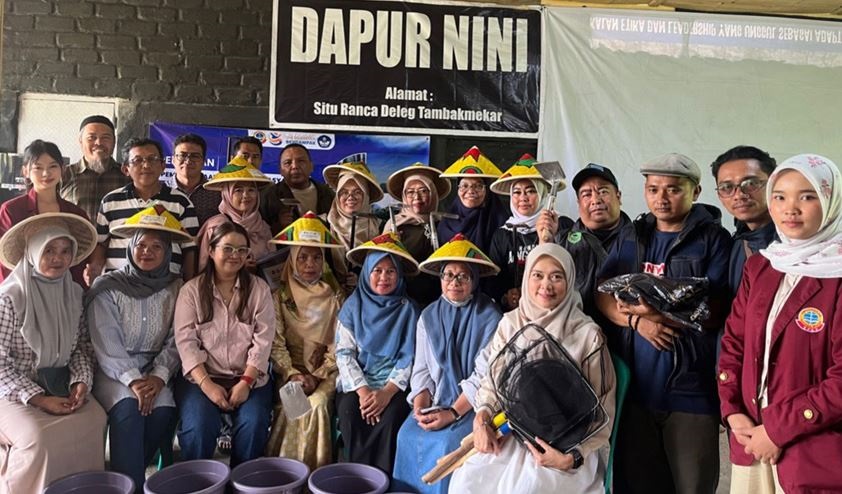
The activity, held at Dapur Nini, Situ Ranca Deleg, Tambak Mekar Village, Subang Regency, was attended by 10–15 partners each session.
Through the training, it is hoped that participants will gain broader insights, knowledge, skills, and motivation in managing the tourism village.
The training involved various resource persons, including academics from Indonesia University of Education, internal members of the Sangga Buana University Institute for Research and Community Service, and practitioners such as a nature tourism expert and an organic waste processing practitioner who turns waste into soap.
In addition to training, other activities included infrastructure arrangement and the provision of equipment, all aimed at enabling the tourism village to meet needs related to tourist attractions, including what to see, what to do, and what to buy.
Tourism Resource Enhancement
Based on initial discussions with the Pokdarwis administrator and the village head, it was revealed that the vision of the tourism village is to offer agricultural and fisheries edu-tourism as the main package, providing knowledge, attractions, and experiences related to agriculture and fisheries. This became the focus of the training, covering topics such as tourism package management (attraction identification, itinerary preparation, cost calculation, and promotion strategies), tourism village management guidance, and digital marketing (social media and website) to attract visitors.
The learning method combined general lectures, group discussions, field practice, and focus group discussions to ensure development plans align with local potential.
From training discussions, several key attractions were identified for development: MSME product tourism, pine forest tourism, and others. In addition to tourism packages, another interesting topic was the processing of organic waste, using pineapple pulp to make organic soap, to add value to local products and reduce waste.
During the program, appropriate technology equipment was handed over for the development of fisheries and agricultural attractions, the arrangement of agricultural and fisheries equipment galleries, and the creation of photo spots, all expected to enhance the appeal and competitiveness of tourism in Tambakmekar Village.
Sustainable Development
The community service program in Tambakmekar Tourism Village is funded by the Grant Program from the Directorate of Research and Community Service under the Community Partnership Empowerment Scheme for the 2025 Fiscal Year. The Pokdarwis chairman expressed hope for a sustainable program that can open job opportunities and improve the village’s economic independence.
During one of the activities, a cooperation agreement was signed between the Tambakmekar Village Head and the Director of the Institute for Research and Community Service at USB, accompanied by the Vice Rector III, at the Tambakmekar Village Hall on Cagak Road, Subang Regency.
“Universities are present not only in research but must also have a direct impact on society through community service,” stated the Director of the Institute for Research and Community Service at Sangga Buana University.
Through the synergy of academics, practitioners, and the community, Tambakmekar Village is targeted to offer leading tourist attractions, ranging from pine forest tourism and MSME products to innovations like organic soap made from pineapple waste.

